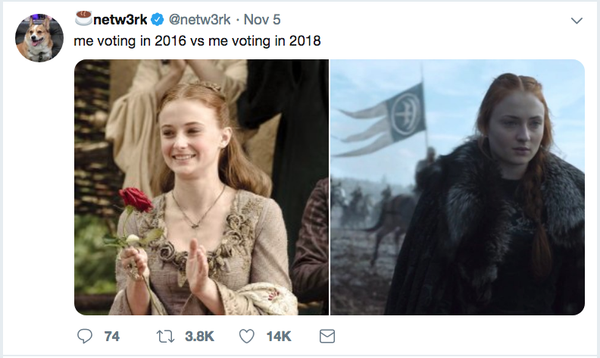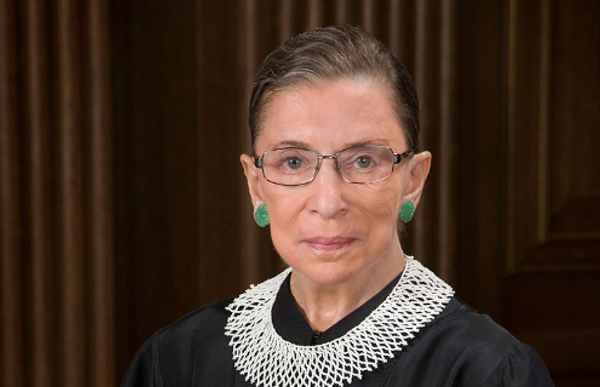For many young Americans, 2016 is the first year they are able to participate in a Presidential election. However, with major party nominees Hillary Clinton and Donald Trump, who seem to split the party they represent, the choice can be frightening; and rightly so. The thought of having to choose between the lesser of two evils is scaring many away from voting or even causing people to vote for a candidate because of their hate of the opposing candidate. In a debate between two people on Facebook about the upcoming election, one stated that "I'm not voting for Trump, I'm just voting against Hillary." Arguments like this make it clear to me the issue this country is facing. People either aren't educated about third parties or think that a third party vote is throwing away their vote.
While the former is an issue easily solved by a quick google search, the latter presents a greater problem that affects most of the voters in this country. The belief that a third party vote won't count is exactly how the election process is designed to make you think; with all the restrictions placed on third party candidates before they can get national recognition. For example, third party candidates have to accumulate an average of 15 percent in national election polls before they are allowed to participate in the debates between the traditional democratic and republican candidates. Seeing how no third party candidates have managed to secure a spot in these debates, it's evident that the ability of a third party candidate to gain support with the way the election system is, is highly improbable.
While it is improbable, it surprises me that third party candidates, such as Jill Stein and Gary Johnson, have not been able to collect the necessary 15 percent to participate in the debates even with major party nominees that have the highest unfavorable ratings since the 1980's. The primary issue here, as I have mentioned before, is that people believe they don't have other choices and that they have to vote for a candidate, without agreeing with their political platform, just to prevent the other candidate from winning. Both of these ideas are false; people have many choices, not limited to the candidates mentioned in this passage. Moreover, many of these candidates have political platforms that could be what someone actually wants in a political candidate, but these candidates are not represented fairly in media because of the false beliefs the election system has instilled in the people. Gary Johnson puts it best by saying that, "A wasted vote is a vote for somebody you don't believe in." Even though I am considered a far-left liberal, I also respect Ted Cruz for the speech he gave at the Republican National Convention when he told the audience to "Vote your conscience." It was disturbing that just for telling people to vote for the person they believed in, he was booed off the stage. This system has to change to ensure the best representation of the people in a person we elect to lead the entire country and it can start with the people who read this article.
Here is a website that can help you figure out the politician who best represents your interests.





















